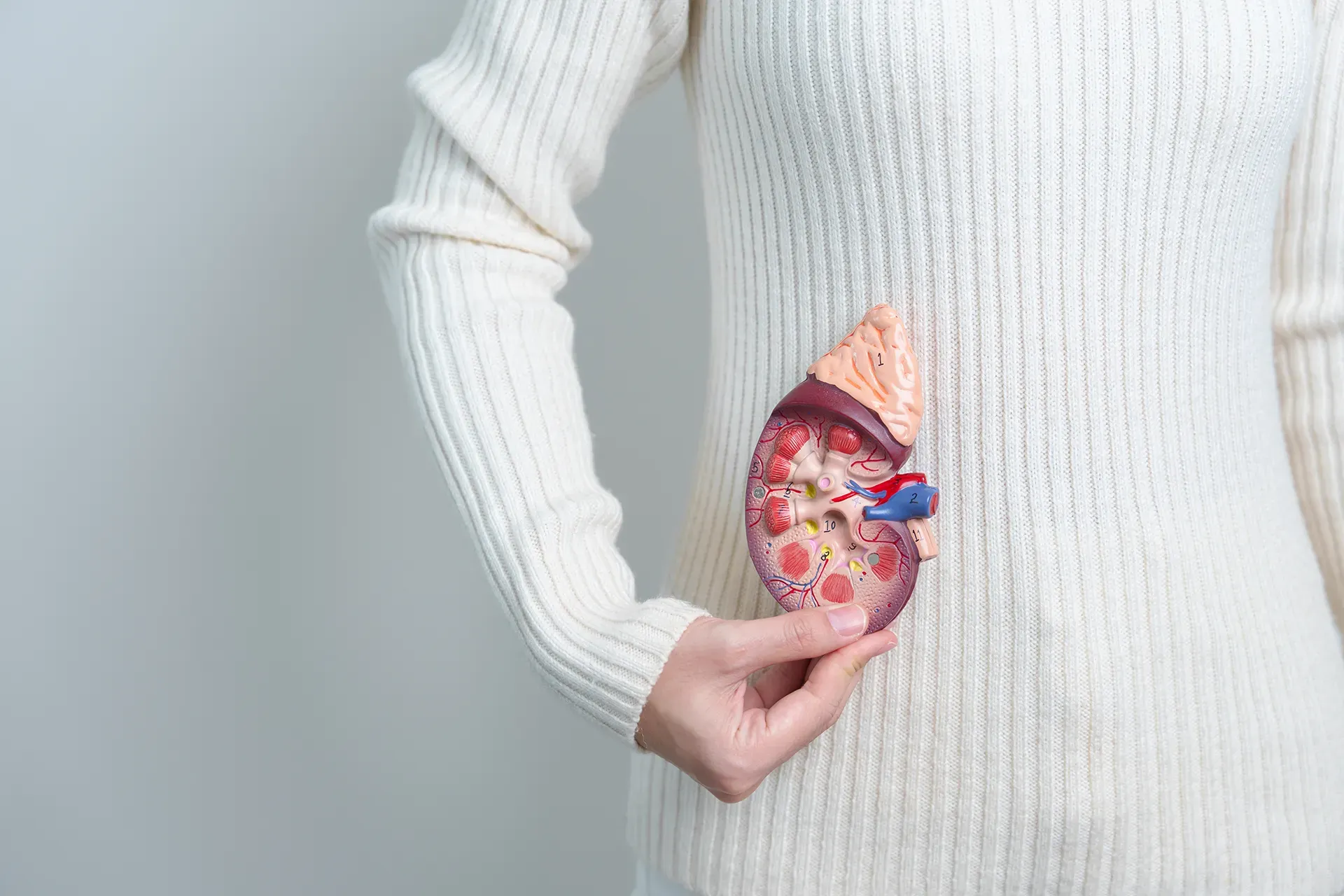
Conveniently reserve your spot with just a few clicks through our easy-to-use online booking system.


Back pain is an incredibly common issue, affecting millions of people worldwide. It can arise from various causes, ranging from muscle strain to disc problems. The good news is that back pain often resolves on its own with a little time and self-care. However, for persistent or severe pain, seeking professional help is crucial.
You are not required to provide a referral letter from your doctor or GP.
Start a visit quickly and discreetly whenever works best for you.
Our doctors review symptoms, prescribe treatments if needed.
Proceed with your healthcare journey as you wish. You're in control.
You control medical records, access anytime.
Back pain symptoms are varied. You might experience a persistent, dull ache, while others encounter intermittent, sharp pains. This discomfort might be confined to specific regions like the lower or upper back, or it could extend to other areas.
Common symptoms accompanying back pain include:
This can hinder your ability to move freely or maintain an upright posture.
These involuntary muscle contractions in the back can cause significant discomfort.
This may be felt in the legs or core muscles, potentially affecting your mobility and ability to handle physical tasks.
These sensations may be present in the painful region or extend to the legs or feet.
Сontact us to schedule an appointment or learn more
Conveniently reserve your spot with just a few clicks through our easy-to-use online booking system.
Have a question or request? Drop us a message, and our team will get back to you promptly.
Feel free to give us a call, and our friendly staff will be glad to assist you over the phone.
Identifying the root causes of your back pain is key to addressing and managing it effectively. Here's an overview of common triggers:
Often due to improper lifting, poor posture, or inadequate exercise, these injuries to muscles or ligaments are frequent culprits of back pain.
Excess body weight can contribute to back strains and sprains, exacerbating pain.
As we age, our spines change. Arthritis and other age-related conditions can lead to back discomfort.
Spinal fractures, ruptured discs, and spinal cord tumours are among the more severe causes of back pain.
Certain infections can unexpectedly trigger back pain.
Osteoarthritis: Degeneration of joint cartilage and the underlying bone
Osteoporosis: Develops when bones become brittle and fragile from loss of tissue
Spondylolisthesis: Where a bone in the spine slips forward and out of place
Ankylosing Spondylitis: A type of arthritis affecting the spine
Sciatica: Pain associated with the sciatic nerve, often causing lower back pain
Spinal Stenosis: Narrowing of spaces within the spine, which can put pressure on nerves
Herniated Disc: A problem with one of the rubbery cushions (discs) between the individual bones (vertebrae) that stack up to make your spine
Fibromyalgia: Widespread musculoskeletal pain accompanied by fatigue, sleep, memory, and mood issues
Muscle Strains: Overstretching or tearing of muscles in the back
Kidney Issues: Including infections and kidney stones
Endometriosis: A disorder in which tissue similar to the tissue that normally lines the inside of your uterus — the endometrium — grows outside your uterus
Osteomyelitis: Infection in the bones
Pregnancy-Related Back Pain: Common due to hormonal changes and weight gain
Scoliosis: A sideways curvature of the spine that occurs most often during the growth spurt just before puberty











